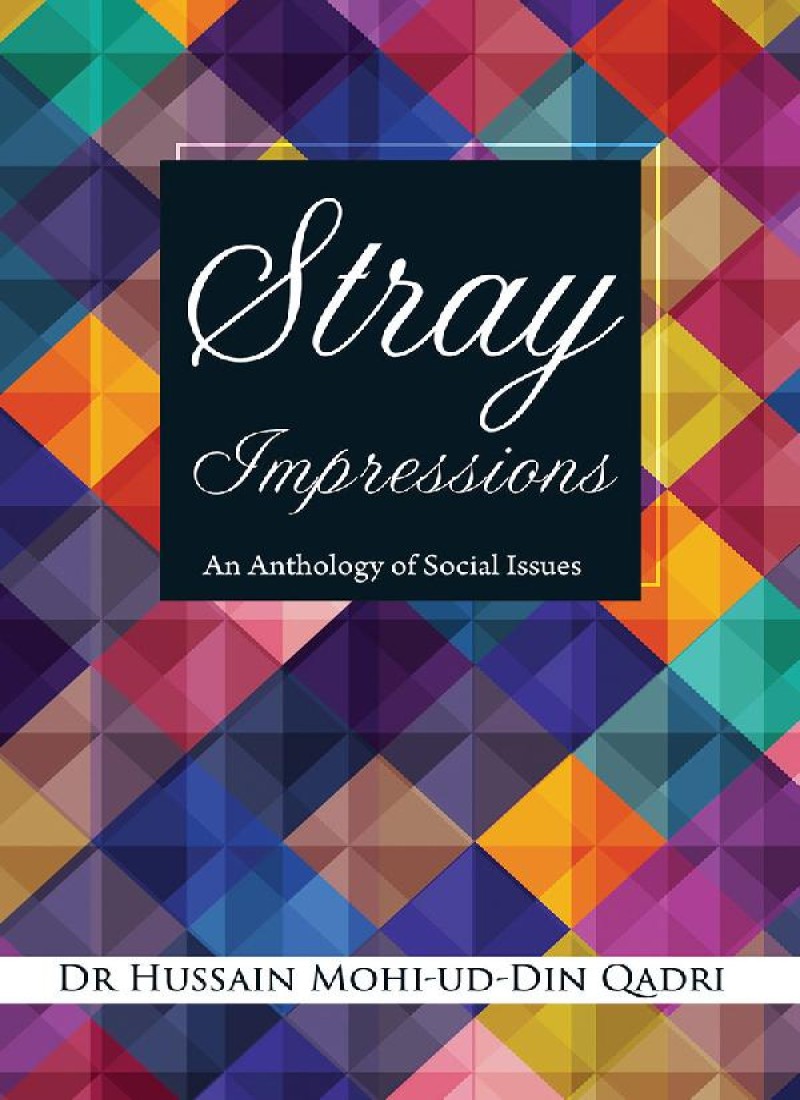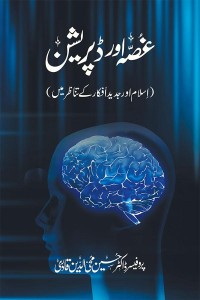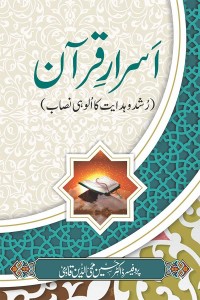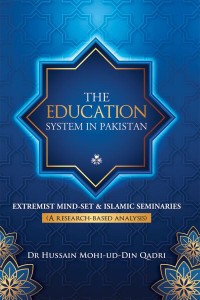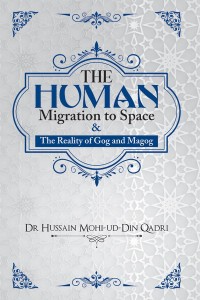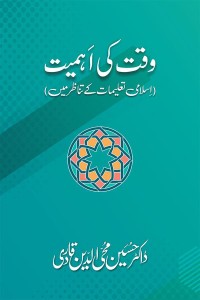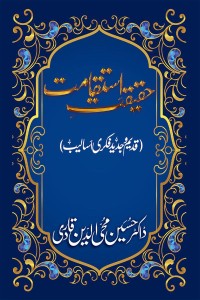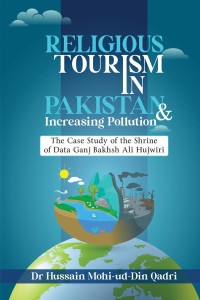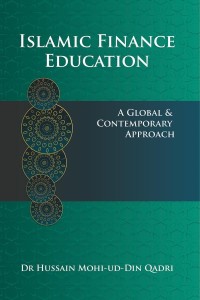The collection of articles “Stray Impressions” was produced over a span of six years from 2007 to 2013. They cover a variety of subjects ranging from the modern economic thought, Islamic view on economic integration, exploring Islamic common market and economic options for Pakistan to parliamentary sovereignty vs judicial independence, role of media in policy formation, analysing role of bureaucracy, stopping brain drain, challenges to leadership and analysing education system in Pakistan. They mostly relate to the fields of educational growth, social justice, economic prosperity, political evolution, security, role of international organizations like ECO and SAARC and burning national issues.
The objectives these dissertations tend to achieve include rousing awakening among the youth and developing a healthy public opinion in regard to squarely facing the national predicaments. For instance: economic self-sufficiency is vital to national security but that urges us to boost agricultural industry; promotion of Islamic business ethics can boost trade; the Islamic business model is based on limited desires and unlimited resources while the Western business model is premised on limited resources and unlimited desires. That is what, today, the world economies have turned to—advocating self-restraint and abstinence instead of amplifying taxes; the welfare of the poor people should be the linchpin of our economic policy-making but that requires paradigm shift in approach and thinking out of the box. As for political upheaval, the political parties in our country have miserably failed to come up to the expectations of the electorate. Unless the rules of the game are set, the narrow approach to politics would continue to characterize our body politic. Our politics would continue to be in backwater if no real attempt is made to transform the very dynamics of politics in Pakistan. If this country has to adopt democracy as a culture, a self-introspection is direly called for—the only way to save the country from disaster.
After taking a rich account of political affairs, economy and the economic options for Pakistan, the collection of articles surveys ECO, past and present, EU—the areas of cooperation for SAARC, Muslims in China, Afghan quagmire, Israel-Palestine dialogue, Muslims’ downfall and interfaith dialogue. Thus it enlightens the readers about developments taking place in the Muslim world. In like manner, the collection proves to be an eye-opener on a number of issues and seeks to create a realistic mindset for a healthy and balanced approach towards solving national problems. We hope the readers will find this book of great benefit in developing a scientific vision on the dilemmas we are faced with as a people. Whetting the zeal in the youth to bind them to the national cause and strive to foster a committed and proactive generation would go a long way towards overpowering the difficulties and earning laurels in making the country prosperous and invincible.

 The Quran
The Quran 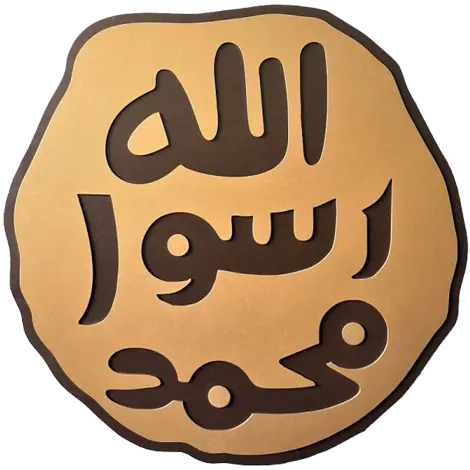
 Imaniyat o Ibadiyat
Imaniyat o Ibadiyat  Itiqadiyat (Science of Beliefs)
Itiqadiyat (Science of Beliefs)  Sirat o Fazail
Sirat o Fazail  Khatm e Nubuwwat o Taqabul e Adyan
Khatm e Nubuwwat o Taqabul e Adyan  Fiqhiyat
Fiqhiyat  Akhlaq o Tasawwuf
Akhlaq o Tasawwuf  Awrad and Wazaif
Awrad and Wazaif  Economics
Economics 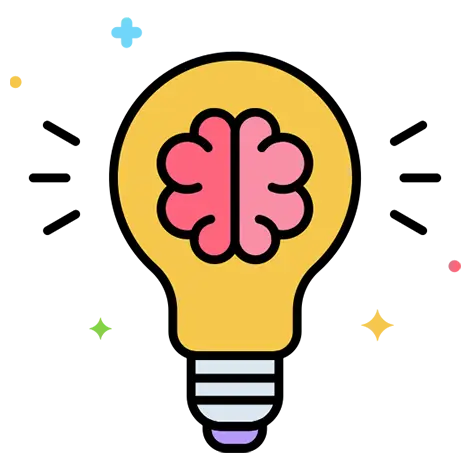 Ideologies
Ideologies  Constitutions and Legislative Practices
Constitutions and Legislative Practices  Celebrities and Luminaries
Celebrities and Luminaries  Islam and Science
Islam and Science 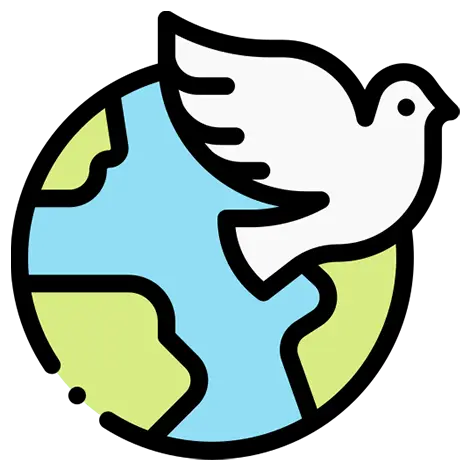 Peace, Love and Counter-Terrorism
Peace, Love and Counter-Terrorism 
